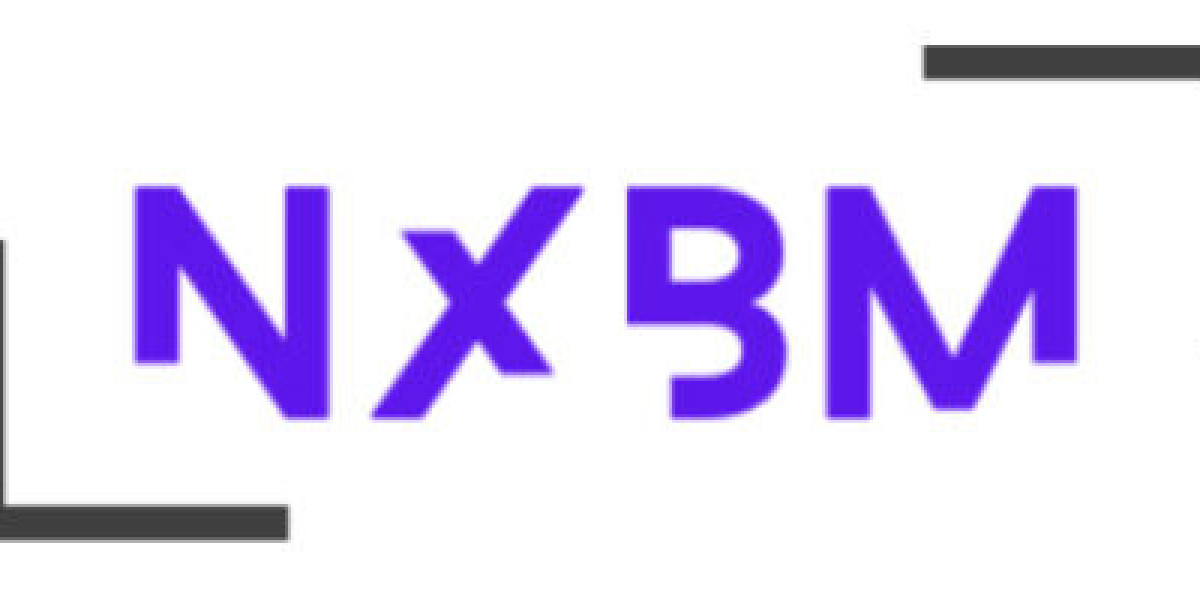In today's digital world, understanding digital marketing is increasingly important, even for those outside the marketing profession. Whether you're a business owner, entrepreneur, or someone interested in expanding their skill set, gaining knowledge in digital marketing can provide significant advantages. This guide offers a beginner’s roadmap to digital marketing training tailored for non-marketers, helping you build a solid foundation and apply these skills effectively.
1. Understanding Digital Marketing
What is Digital Marketing? Digital marketing involves using online platforms and tools to promote products, services, or brands. It encompasses various strategies such as search engine optimization (SEO), social media marketing, content marketing, email marketing, and pay-per-click (PPC) advertising.
Why It’s Important: In an increasingly digital world, businesses and individuals need to reach their audience through online channels. Understanding digital marketing helps you effectively engage with your target audience, drive traffic, and achieve your goals.
2. Identifying Your Learning Objectives
Define Your Goals: Before diving into digital marketing training, clarify your goals. Are you looking to promote your own business, enhance your career, or simply gain new skills? Understanding your objectives will guide your learning path.
Assess Your Current Knowledge: Evaluate your current understanding of digital marketing. This will help you identify areas where you need more training and ensure you focus on relevant topics.
3. Core Areas of Digital Marketing
1. Search Engine Optimization (SEO)
- What It Is: SEO involves optimizing your website and content to rank higher in search engine results, making it easier for users to find you online.
- Key Concepts: Keywords, on-page SEO, off-page SEO, technical SEO, and link building.
- Learning Resources: Online courses, SEO blogs (e.g., Moz, SEMrush), and tools like Google Search Console.
2. Social Media Marketing
- What It Is: Social media marketing involves using platforms like Facebook, Instagram, LinkedIn, and Twitter to engage with your audience and promote your brand.
- Key Concepts: Content creation, social media strategy, engagement, analytics, and advertising.
- Learning Resources: Social media blogs (e.g., Social Media Examiner), platform-specific guides, and online courses.
3. Content Marketing
- What It Is: Content marketing focuses on creating and distributing valuable content to attract and engage your target audience.
- Key Concepts: Content creation, content strategy, blogging, and content distribution.
- Learning Resources: Content marketing blogs (e.g., Content Marketing Institute), online courses, and writing guides.
4. Email Marketing
- What It Is: Email marketing involves sending targeted emails to nurture relationships with your audience and drive conversions.
- Key Concepts: Email campaigns, segmentation, automation, and analytics.
- Learning Resources: Email marketing blogs (e.g., Mailchimp, ConvertKit), online courses, and email campaign tools.
5. Pay-Per-Click (PPC) Advertising
- What It Is: PPC advertising involves paying for ad placements on search engines or social media platforms. You pay each time a user clicks on your ad.
- Key Concepts: Ad creation, keyword bidding, targeting, and ROI analysis.
- Learning Resources: PPC blogs (e.g., WordStream), online courses, and advertising platforms (e.g., Google Ads).
4. Choosing the Right Learning Resources
Online Courses: Platforms like Coursera, Udemy, LinkedIn Learning, and HubSpot Academy offer comprehensive digital marketing courses tailored for beginners. Look for courses that cover multiple aspects of digital marketing and offer practical exercises.
Books and E-books: Books like "Digital Marketing For Dummies" by Ryan Deiss and "Made to Stick" by Chip Heath and Dan Heath provide valuable insights and foundational knowledge.
Blogs and Websites: Follow reputable digital marketing blogs and websites for the latest trends, tips, and case studies. Examples include Neil Patel, Moz, and Marketing Land.
Webinars and Workshops: Attend webinars and workshops to gain hands-on experience and learn from industry experts. Many organizations offer free or low-cost events that cover various digital marketing topics.
5. Applying Your Knowledge
Start Small: Begin by applying what you’ve learned on a small scale. If you have a blog or a personal website, use it as a testing ground for your digital marketing strategies.
Create a Plan: Develop a digital marketing plan that outlines your goals, target audience, strategies, and metrics. This plan will guide your efforts and help you measure success.
Track Your Progress: Use analytics tools (e.g., Google Analytics) to monitor the performance of your digital marketing activities. Analyze the data to understand what’s working and where improvements are needed.
Experiment and Iterate: Digital marketing is an evolving field. Experiment with different strategies, track the results, and adjust your approach based on your findings.
6. Networking and Continuing Education
Join Online Communities: Participate in digital marketing forums, groups, and communities to connect with other learners and professionals. Platforms like Reddit, LinkedIn groups, and Facebook groups offer valuable networking opportunities.
Stay Updated: Digital marketing trends and tools are constantly changing. Follow industry news, subscribe to newsletters, and continue learning to stay current with the latest developments.
Seek Feedback: Engage with peers or mentors to get feedback on your digital marketing efforts. Constructive feedback can help you refine your strategies and improve your skills.








